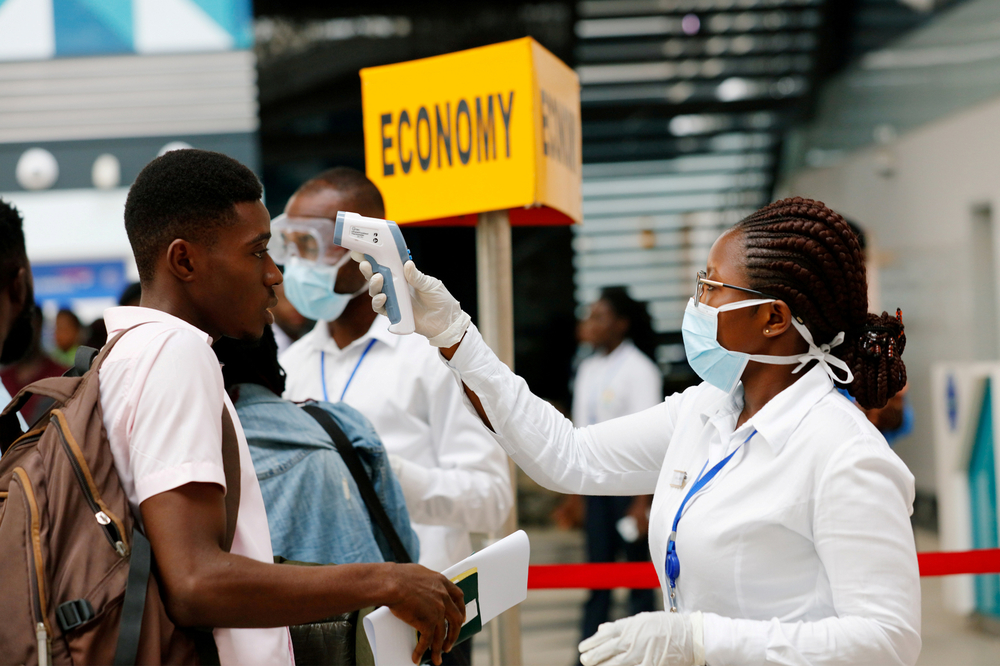The climate crisis had been deepening even before the COVID-19 pandemic, affecting everyone, everywhere— but especially the poorest and most vulnerable people. The world is “off-track” on both climate mitigation and adaptation, and will need to reset the emissions’ trajectory very quickly if it is to meet the collective target s of global net zero emissions by 2050 and to maintain hope that global warming can be kept at around the 1.5-degree increase. The time the world has to address the climate crisis and to adapt to its impact is shrinking, while the costs of climate change are mounting along with the risks associated with inaction.1 We are also seeing an alarming rise in the loss of biodiversity and the degradation of ecosystems. Strong climate action offers the prospect of a better and more sustainable future—one that escapes a 20th century growth model based on fossil fuel dependence and the degradation of natural capital and ecosystem services, and that can deliver a net zero carbon economy by 2050. A major boost in investment is needed in order to achieve this and to meet the climate goals set by the Paris Agreement—to accelerate the replacement of aging and polluting capital, respond to infrastructure deficits and structural change in emerging markets and developing countries, and adapt to the already evident impacts of climate change.
The world needs to simultaneously tackle the COVID-19 and climate crises. The world has been transformed by the COVID-19 crisis, with deeper and broader impacts than any crisis since World War II. There has been tragic loss of life and huge social costs. The economic impacts have also been severe with a major threat of global depression. The economic impacts are particularly severe in emerging and developing countries (capital flight, drastically reduced remittances, falling commodity prices). The pandemic has highlighted that the old normal was deeply fragile and dangerous, including in the probability of pandemics. The damages due to climate change and biodiversity loss could be even bigger and more lasting than those we are experiencing from COVID-19. Decisions made now are crucial in shaping the future of people and the planet: we must not go back to the old normal.2 The imperative now in recovery is to “build back better” on a path of sustainable, inclusive, and resilient growth.

